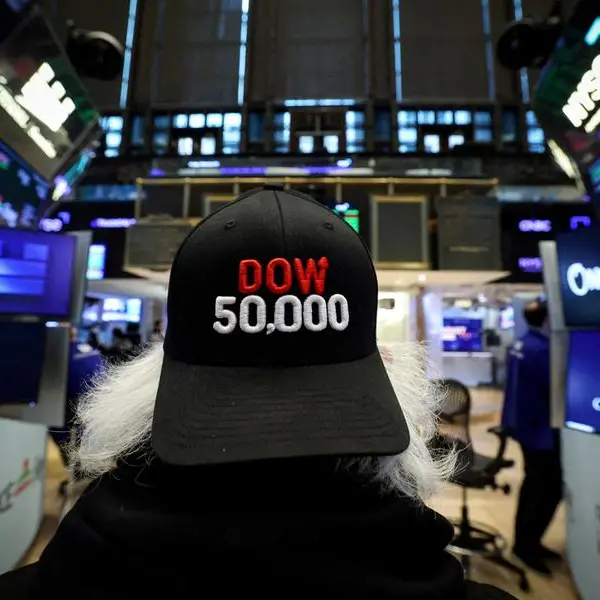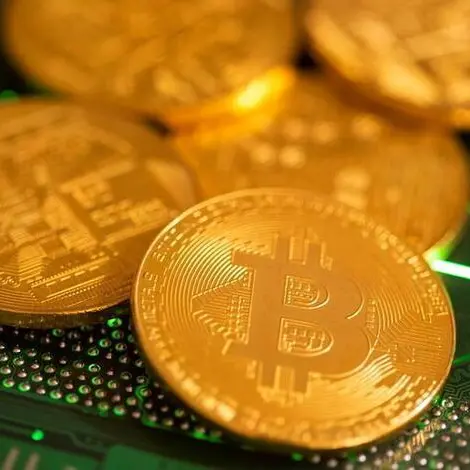PHOTO
LONDON - Oil diplomacy could become a hallmark of Donald Trump's second term in office, if the last few weeks are any guide, but energy markets have mostly shrugged off his recent whirlwind of threats against Iran and Russia. That could be a big mistake.
Trump has proven more than once in recent weeks that he is willing to take actions that undermine certain U.S. interests to further others, such as tariffs on China and the auto sector.
And, taken together, Trump's recent threats and actions with the potential to impact energy markets are truly astounding.
Over the past eight days alone, Trump imposed secondary tariffs on Venezuela and then threatened to bomb Iran and impose secondary tariffs on Russia and Tehran.
On top of that, U.S. forces in recent weeks have been striking Houthi targets in Yemen in an effort to open up the crucial Red Sea maritime trading route, with Trump vowing to hold Tehran responsible for new Houthi attacks while increasing the presence of the U.S. Navy in the region.
In the past, most of these actions would have constituted a significant geopolitical event and driven up oil prices due to fears about production disruptions.
But the market response to this string of events has been relatively modest. Benchmark Brent crude oil prices have gained around 6% since March 14, the eve of the launch of the Yemen air strikes. While these gains are not insignificant, they appear disproportionately light compared to the escalating risks.
RISING THREAT
Take Trump's warning this weekend. The president said he was "pissed off" at his Russian counterpart Vladimir Putin and threatened secondary tariffs of 25% to 50% on buyers of Russian oil if he feels Moscow is blocking his efforts to end the war in Ukraine.
Many traders likely assume Trump is bluffing, but what if he's not?
Russia exported a total of 7.5 million barrels per day of oil in 2024, including 4.8 million bpd of crude oil and 2.7 million bpd of refined products, according to the IEA. These exports represent over 4% of global crude consumption.
Put together with Iran's crude exports of around 1.5 million bpd last year, the two countries' combined exports total far more than OPEC's entire spare production capacity of 5.3 million bpd.
Assuming Washington were to impose secondary tariffs and that China and India, the two main buyers of Russian and Iranian crude, were to cut their imports, that would likely lead to a huge supply gap and a price spike in the near term.
Secondary tariffs on Venezuela have proven quite effective so far, with Indian and European buyers shunning crude deliveries from the south American country.
RISING TENSIONS
It's true that the oil market is showing some signs of tension.
The six-month forward spread in benchmark Brent crude oil prices has risen to $3.70 a barrel, its highest since February 3. Oil speculators have also increased their net long positions in Brent in the two week to March 25 by 70%, the most since October 15, 2024. Both moves point to speculators taking a more bullish position on oil prices.
And that is meaningful because of all the forces pushing in the opposite direction. Trump's economic policies and the uncertainty surrounding his "Liberation Day" tariff plans on April 2 are weighing heavily on the outlook for economic activity and oil demand.
But these still aren't the types of moves one would expect if the market were taking these threats seriously.
In energy investors' defence, it is far from clear how to price the potential risk of Trump's actions, given that the range of outcomes spans everything from modest disruption to a world war. And traders are also likely exhausted from the sheer quantity of headlines coming out of the White House
Energy markets may also simply be calling Trump's bluff. But given how quickly tensions have ratcheted up, and how unexpected the U.S. president is, they may sorely regret that call.
** The opinions expressed here are those of the author, a columnist for Reuters **
Want to receive my column in your inbox every Thursday, along with additional energy insights and trending stories? Sign up for my Power Up newsletter here.
(Writing by Ron Bousso; editing by David Evans)
Reuters





















